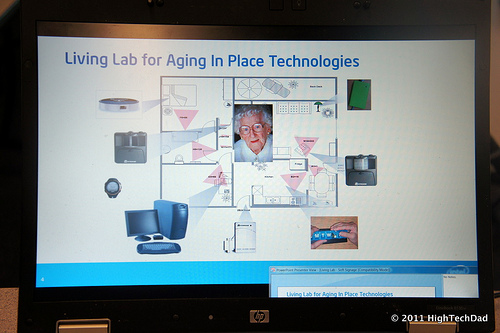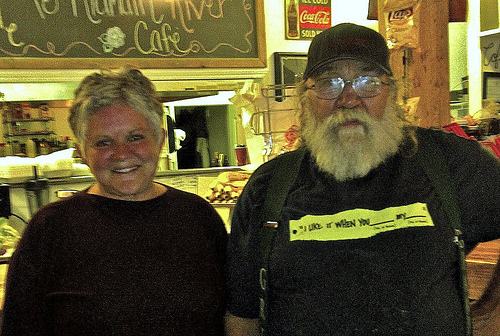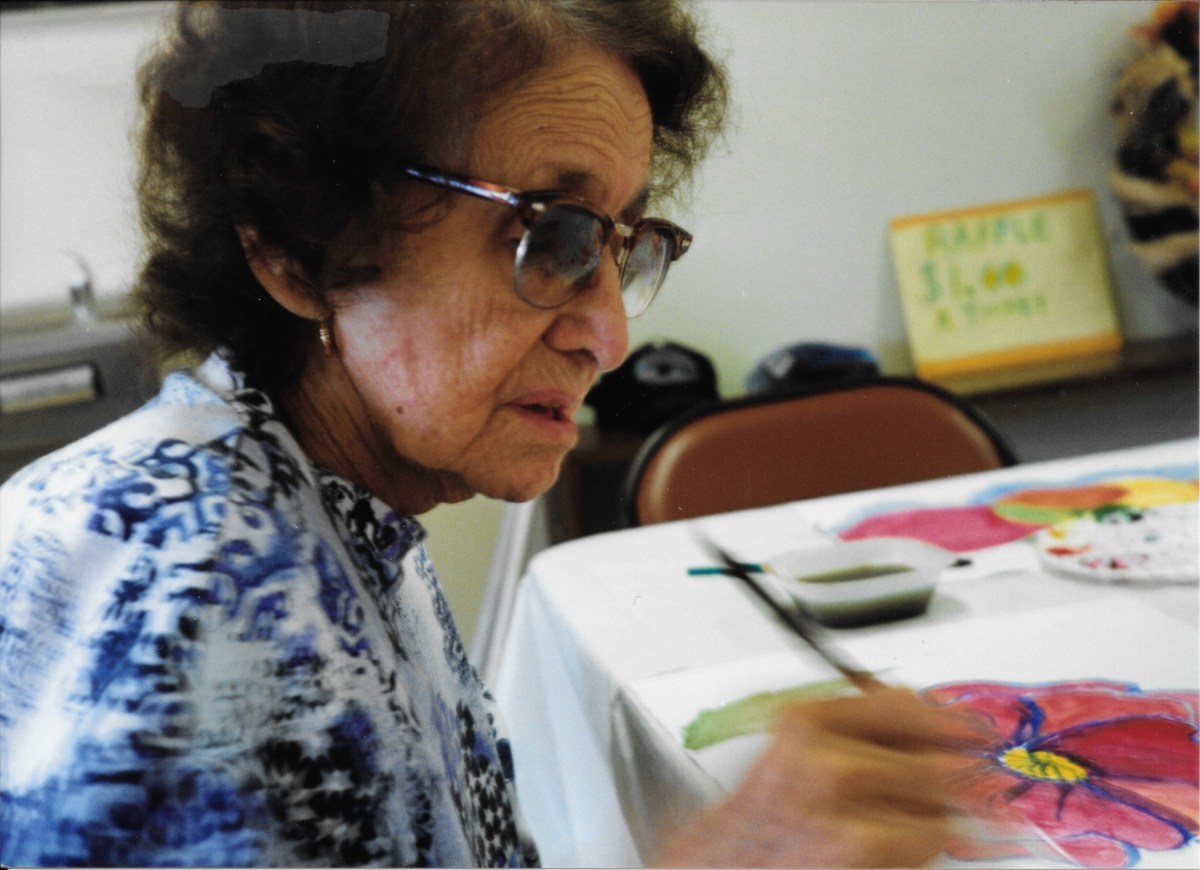Environmental Protection Agency (EPA) Healthy Aging Program for Older Adults

Common Environmental Hazards Affecting Health of Older Adults
Climate change
| |
|---|---|
Lead
| |
Ozone
| |
Mercury
| |
Particulate Matter
| |
Pesticides
| |
Temperature Extremes
| |
Water contaminants
|
The EPA lists this hazards as those most particularly likely to affect the health of older adults.
Why Is an Aging Initiative Important?
The population of the United States is graying at a quickening pace. According to the EPA, in 2011, 13 percent of the population was age 65 or older; by 2030 that number is expected to grow to a full 20 percent of the population and remain steady at least through 2050.
The fastest growing age group are those people age 85 and over.
The demographics of American society have already begun to shift and more change is to come as the largest single generation of Americans, the baby boomer generation, grows older.
This shift in the increasing numbers of older adults presents new challenges to a culture based largely on youth. More older adults are remaining in the work place, or returning to work after retirement. More seniors want to live out their lifespans in their own homes, referred to as aging in place.
An aging population will have needs very different than their younger cohorts. Reliable and safe transportation will be a concern, as will access to important community services. The incidence of chronic illness increases with age, meaning there will be more people requiring more services from medical and health professionals and facilities.
These basic needs and services represent only the tip of the iceberg in what changes and challenges lie ahead. The U.S. Environmental Protection Agency has already begun planning to meet these needs in the future and instituted the Aging Initiative in 2002.
The EPA, whose responsibility it is to protect the natural environment and human health chose to focus on the environment and older adults due to the changing demographics of the nation, the increased susceptibility of an older population to environmental hazards and a population with a potential for lifelong exposure to contaminants that could remain in their bodies.
Stereotypes of What Older People Ought to Be Hold Us Back
National Agenda for the Environment and the Aging
The National Agenda for the Environment and the Aging was developed with participation of the public, health professionals and professionals in the area of aging. In the spring of 2003 a series of public meetings were held in various states around the nation. It was from these meetings that goals were developed:
- Identify research gaps in environmental health
- Translate research findings into prevention strategies for public health
- Assess the impact an aging society will have on the environment
- Create opportunities for older adults to volunteer within their communities to reduce and prevent environmental hazards.
You can join the EPA Listserver to receive news and information about this National Agenda and to learn how you can participate and benefit from it.
The Aging-Friendly Agenda Part 1
The Aging-Friendly Agenda Part 2
How You Can Get Involved in Your Community
Volunteers are needed now in communities throughout the United States. The more people know and understand about the impact various environmental contaminants could affect them and other community members, the more likely they are to participate in the actions and efforts to control such contaminants.
The Corporation for National and Community Service has a website for recruitment of volunteers needed in various communities. In addition, you might want to contact your local volunteer agency, the Aging Network's Volunteer Collaborative or the National Association of Area Agencies on Aging.
Much work needs to be done in an ongoing effort to make the environment as safe and healthy as possible for all people. If you're interested in becoming involved, but are unable to find any projects ongoing in your area, contact your local Area Office on Aging for information.

Private Sector Volunteer Opportunities for Older Adults
Civic Ventures is a not-for-profit think tank for baby boomers and their elders. The agency publishes Encore, a publication dedicated to helping older adults match up skills, knowledge and desire with opportunities for both volunteer and paid work.
Experience Corps is a volunteer program via the AARP.
The Environmental Alliance for Senior Involvement has organizations in every state and in 20 foreign countries.









